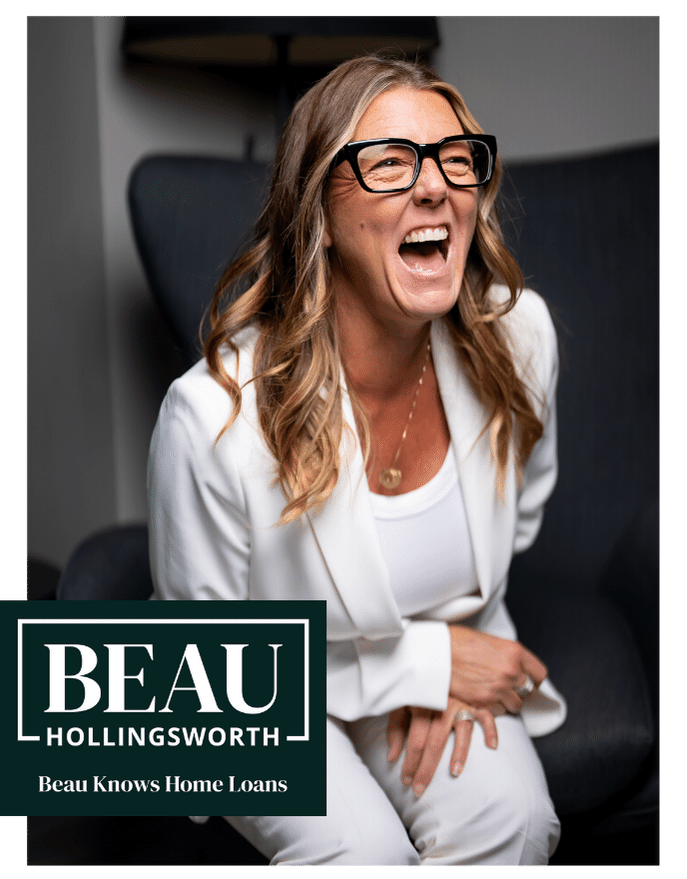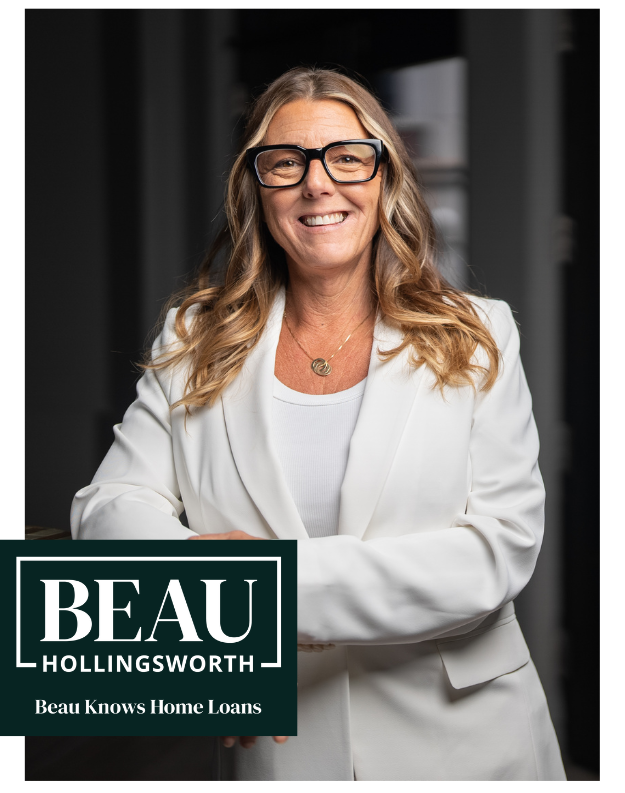
Refinance
Benefits Of Refinancing
-
Lowering Your Interest Rate
Obtaining a lower interest rate can help you save money over the life of the loan. Home mortgage refinancing can reduce your monthly payment initially, but that doesn’t always mean it will save you money in the long run, as total finance charges may be higher over the life of the loan.
Fees and interest rates also need to be considered when calculating if your new mortgage will save you money over the entire life of the loan. Beau will be able to help you decide if refinancing is right for you. We’ll help you calculate at which point you will break even and begin to save.
-
Modifying the Term of Your Loan
Changing the term on a mortgage loan (for example, from 30 years to 15 years mortgage) can help you achieve specific financial goals. Shortening your term may help you avoid penalty clauses if you plan to pay off your loan early. With a shorter term, you will pay less interest over the life of your loan. You may also be able to extend your repayment term if needed.
-
Debt Consolidation
Consolidating multiple debts into one easy-to-manage home loan can make life easier and potentially save you money, particularly if other debts feature higher interest rates.
-
Predictability
Converting your existing loan from an adjustable rate mortgage into a fixed rate mortgage will provide you with fixed monthly payments that remain the same throughout the duration of the loan.
-
Mortgage Consolidation
Converting multiple mortgages into one mortgage can make repayment simpler and potentially save you money.
-
Free Up Cash
With a cash-out refinance loan, you can get access to funds home improvements, college tuition or unexpected medical expenses. The purpose of this type of loan is to extract equity from your home.
Refinance
Frequently Asked Questions
-
What is a refinance?
A refinance is a new loan that replaces an existing mortgage — typically to get more favorable terms or payment options. Let’s say you purchased a home with a 30-year fixed rate mortgage at an interest rate of 4.75%. A few years later, you notice that interest rates are hovering around 4.25%. While that 0.5% difference might not seem like much, it can add up to a significant amount of money over the life of your loan.*
The calculation above assumes annual amortization. This calculation is provided as an illustration to demonstrate potential savings. It is not intended to provide investment advice, nor is it a guarantee of applicability or accuracy in regard to your personalized circumstances. Not all borrowers will qualify for the rates listed above. This is not a loan approval. Estimated monthly payment does not include homeowners insurance or taxes. Actual payment will be higher. Annual Percentage Rate (APR) incorporates fees into a single rate so that it is possible to compare loans with different rates, fees or terms. Please seek advice from a licensed loan officer to see if refinancing may be right for you.
*Refinancing may result in higher total finance charges over the life of the loan.
-
Why do homeowners refinance?
Refinancing is a common solution for homeowners who want to lower their interest rates, adjust the length of their mortgages, change the type of their mortgages, or use their existing home equity to fund a large expense, like a renovation or home repairs, through a cash-out refinance.
-
Is refinancing my mortgage the right decision for me?
You’ll be replacing your current loan with a new one, so it’s important that you have a specific goal when considering refinancing.
-
How do I refinance my home?
The process for refinancing your home will likely be similar to the steps you went through to get your current loan. Beau will look at your income, credit score and the value of your property. If refinancing your home sounds like something that fits with your homeownership goals, then finding the right type of loan is the next step.
-
What are my refinance program options?
After selecting and applying for a loan, the approval process begins. For approval, we must verify your credit, employment history, assets, property value, and anything else required by your particular circumstances. Some programs use information you provided when you first got your mortgage, which helps to streamline the process.
Beau offers a variety of refinance loans depending on your situation, financial goals and current mortgage. Reach out to start the process.
-
What are the benefits of refinancing my mortgage?
It depends on your particular situation. Three major factors should be considered when deciding whether to pay points:
How much you can afford to pay up front?
How long do you expect to make payments on your mortgage?
What is the length of your loan and how long do you plan to live in the home?
Many people looking for a long-term mortgage opt to pay points to ease the monthly payments over the long term of the loan. People looking at a mortgage with a shorter term or looking to stay in the home for a shorter period of time often opt to make a larger down payment instead of paying points.
You can refinance your home for a number of reasons, most of which typically result in a more favorable financial situation. Some of the benefits of refinancing include:
Lower your monthly payments: By obtaining a lower interest rate, you may lower your monthly payment – keeping more money in your pocket. Refinancing can reduce your monthly payment initially, but that doesn’t always mean it will save you money in the long run. Fees and interest rates need to be considered when calculating if your new mortgage will save you money over the entire life of the loan. A licensed loan officer will be able to help you decide if refinancing is right for you. We’ll help you calculate at which point you will break even and begin to save.
Shorten your loan term: Maybe you’re making more money now than you were when you first got your mortgage and can afford to put more money toward it. By shortening your loan term, you’ll pay off your mortgage sooner. Short term means you’ll pay less interest over the life of your loan. An example would be refinancing a 30-year mortgage into a 20-year or 15-year mortgage.
Extend your loan term: Maybe you want a lower monthly payment and are willing to extend your mortgage out several years to get it. It’s important to understand that you’ll pay more over the long term in interest, but you’ll have a lower payment each month.
Get cash out: As you pay on your mortgage, you build equity. Eventually, you can refinance through certain programs to get access to funds from that equity. These funds can be used in a variety of ways, such as paying bills, making a special purchase, improving or repairing your home or paying for college tuition.
Stabilize an underwater mortgage: As a result of the 2008 financial crisis, many homeowners watched their home values plummet below the outstanding balance on their mortgages. With a HARP refinance, you can refinance an underwater mortgage and regain control.
-
What are points?
Points are prepaid interest that you can pay up front. You can pay points to get a lower rate on both fixed rate and adjustable rate mortgages, but the points charged to reduce the rate may vary depending on the type of loan. One point is equal to 1% of the mortgage amount. (Example: $100,000 mortgage amount = $1,000 point)
-
Should I pay points?
It depends on your particular situation. Three major factors should be considered when deciding whether to pay points:
How much you can afford to pay upfront?
How long do you expect to make payments on your mortgage?
What is the length of your loan, and how long do you plan to live in the home?
Many people looking for a long-term mortgage opt to pay points to ease their monthly payments. People looking at a mortgage with a shorter term or looking to stay in the home for a shorter period of time often opt to make a larger down payment instead of paying points.
Connect with Beau Hollingsworth
Ready to take the next step?
Let's schedule a meeting! During this initial consultation, we'll learn more about your situation and what you're seeking in a home. We'll provide advice and address any concerns you may have in order to determine the best approach to achieving your goals. By the end of our conversation, we'll have a solid plan of action and next steps for moving forward.



Beau Hollingsworth
License# NMLS 314451
All information provided is deemed reliable but is not guaranteed and should be independently verified. This website and its affiliates make no representation, warranty or guarantee as to accuracy of any information contained on this website. You should consult your advisors for an independent verification of any properties or legal advice.

Made with ❤️ by Liftoff Agent in the USA.
